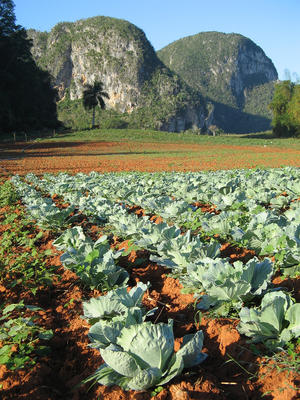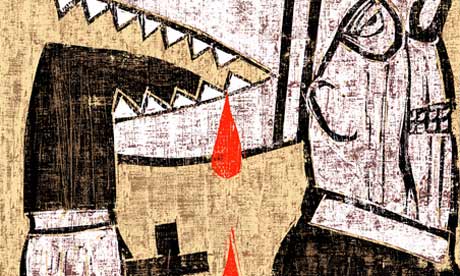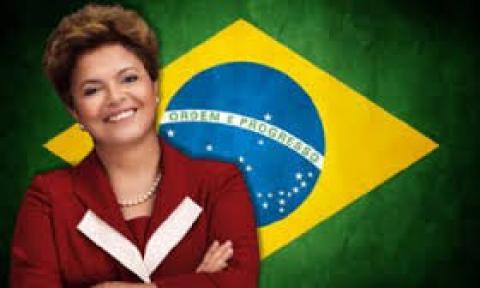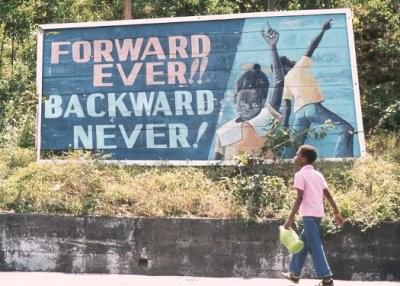
Historic vote: The Argentinian Workers Party newspaper celebrates 1.2 million votes for the Workers and Left Front in the October mid-term elections. Credit: http://prensa.po.org.ar
New Socialist Webzine
November 3, 2013
The historic Argentinean mid-term elections of 27 October resulted in a breakthrough for the revolutionary left, and has exposed more clearly the outline of the tendencies emerging at the time of the primary votes held in July. The political, economic and social fissures revealed by the vote can be grouped around three themes:
1. the end of the Kirchnerist experiment and the resulting strategic incoherance of the Argentinean bourgeoisie as a whole;
2. the radical deepening of the economic and fiscal crises of the Argentinean state expressed as a loss of political legitimacy, and a series of policy cul-de-sacs;
3. the growing presence of a workers and social vanguard determined to resist the consequences of the global crisis as expressed locally.
1. the end of the Kirchnerist experiment and the resulting strategic incoherance of the Argentinean bourgeoisie as a whole;
2. the radical deepening of the economic and fiscal crises of the Argentinean state expressed as a loss of political legitimacy, and a series of policy cul-de-sacs;
3. the growing presence of a workers and social vanguard determined to resist the consequences of the global crisis as expressed locally.
In what follows we will attempt to situate the election, and especially the results for the revolutionary left, within the context of the above themes.
The Defeat of Kirchnerism
That Kirchnerism, the political strategy of first Nestor and then Cristina is over is evidenced by the vote total obtained by the Front of Victory, the electoral apparatus of a renovated Peronism. In 2011 at the time of the presidential elections, Cristina Kirchner won with 54% of the national vote. Now a brief two years later she struggled to reach 33%. At a regional level, where the byzantine web of alliances between mayors, governors and national figures are expressed, Kirchner was defeated in the all-important province of Buenos Aires by the Renovation Front of Sergio Massas, the exponent of the neo-liberalism of the industrial and agrarian establishment, by a margin of more than 10%.


















